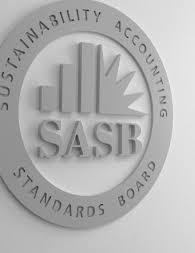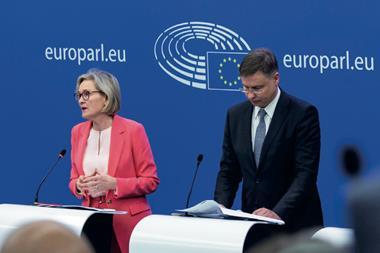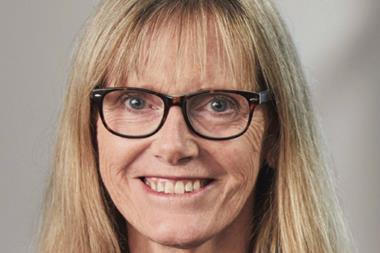Basellandschaftliche Pensionskasse (blpk), the CHF10.6bn pension fund for the Swiss canton of Basel-Landschaft, has expanded its exclusion policy in its bond and equity portfolios to oil and gas companies.
Since July this year the scheme started to pull investments from companies extracting oil and gas with conventional methods using a laggard approach, and firms making over 10% of revenues by deploying unconventional methods that are particularly harmful to the environment, for example fracking, the scheme said in its 2022-2023 sustainability report.
It has also started to exclude from its investment pool companies making more than 5% of their revenues by developing genetically modified organisms (GMO), making more than 5% of revenues in the coal industry, and firms producing nuclear, civil and conventional weapons, it added.
The pension fund has 439 companies on its exclusion list as of September this year, according to blpk.
The CO2 footprint intensity of the scheme’s equity and bond portfolios have increased slightly last year, compared with 2021 (16.5% and 13%, respectively), as the scheme increased its allocation to global bonds, reducing cash.
The share prices of energy and utility companies have risen sharply as a result of the war in Ukraine, leading to an increase of the share of companies with large CO2 footprints in blpk’s portfolio, it said.
Overall, the ESG quality score of its equity and bond portfolios has increased last year to 8, from 7.3 points, against a 7.4 benchmark.
The exposure to firms involved in serious ESG controversies stood at 0.3% in 2022, and to those considered pioneers at 44%, according to the report.
From this year, the scheme requires firms managing assets on its behalf to sign up to the UN Principles for Responsible Investment (UN PRI). The fund’s report showed that 94% of its asset managers have signed to the UN PRI, and 72% to the Net Zero Asset Management Initiative.
Blpk, which invested CHF1.2bn in Swiss equities, has exercised its voting rights at 97 annual general meetings last year, down from 99 in the previous year, rejecting at least one proposal on the agenda at 75 general meetings.
The most common reason to reject proposals was an excessive management compensation, not in line with the market, it said.
The scheme has increased last year’s investments in renewable energy infrastructure to CHF122m, from approximately CHF100m in 2021.
The latest digital edition of IPE’s magazine is now available























